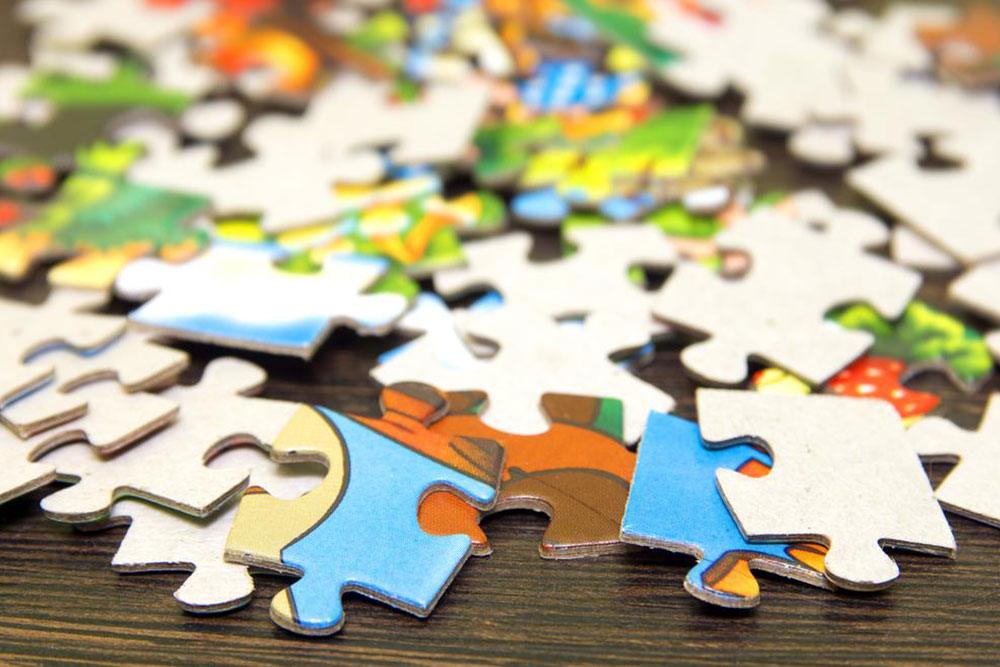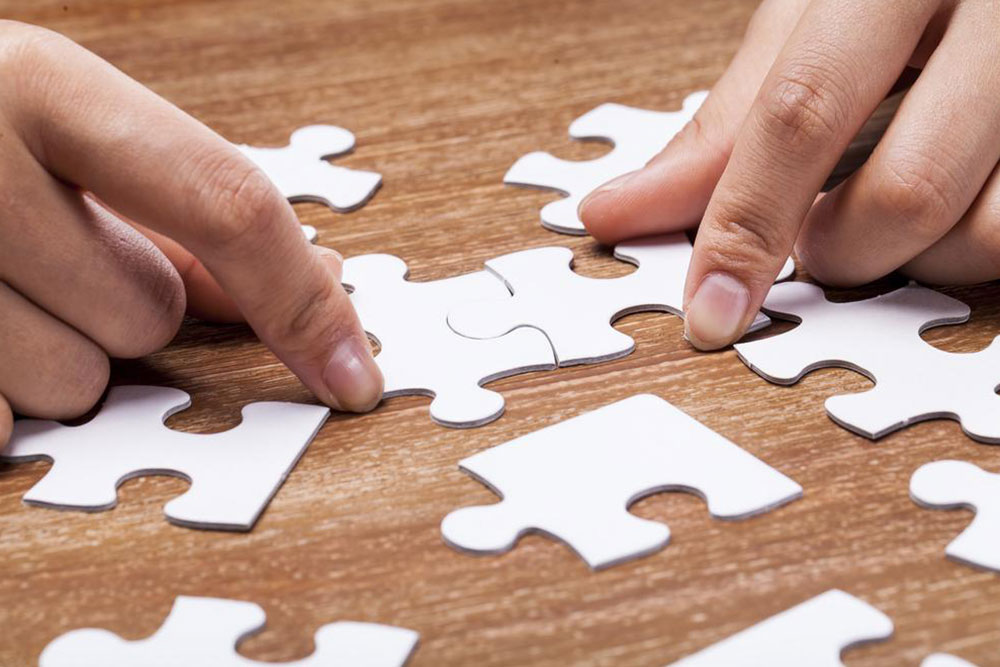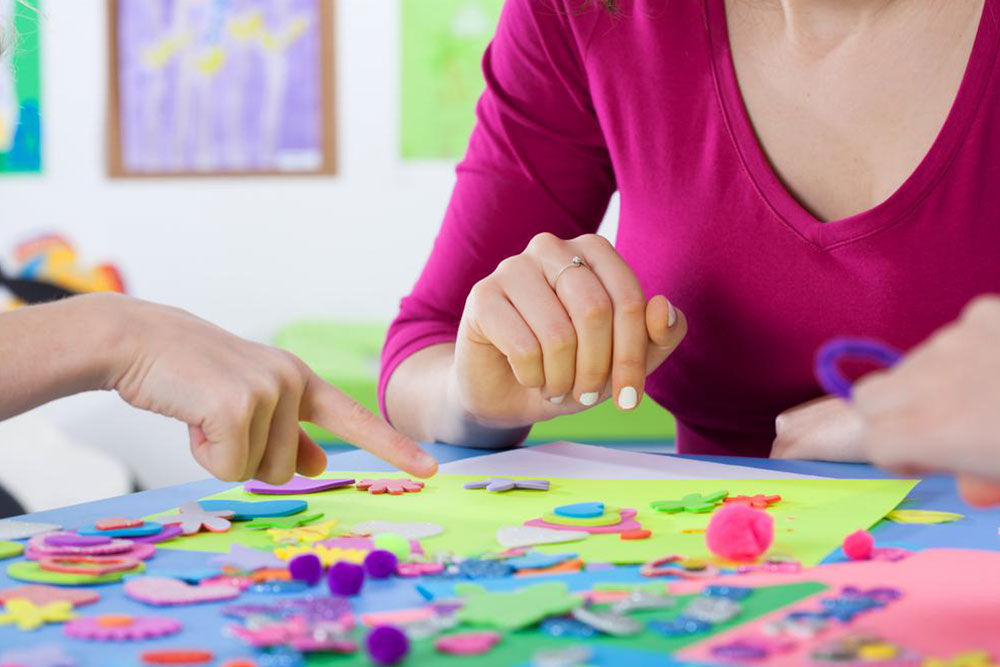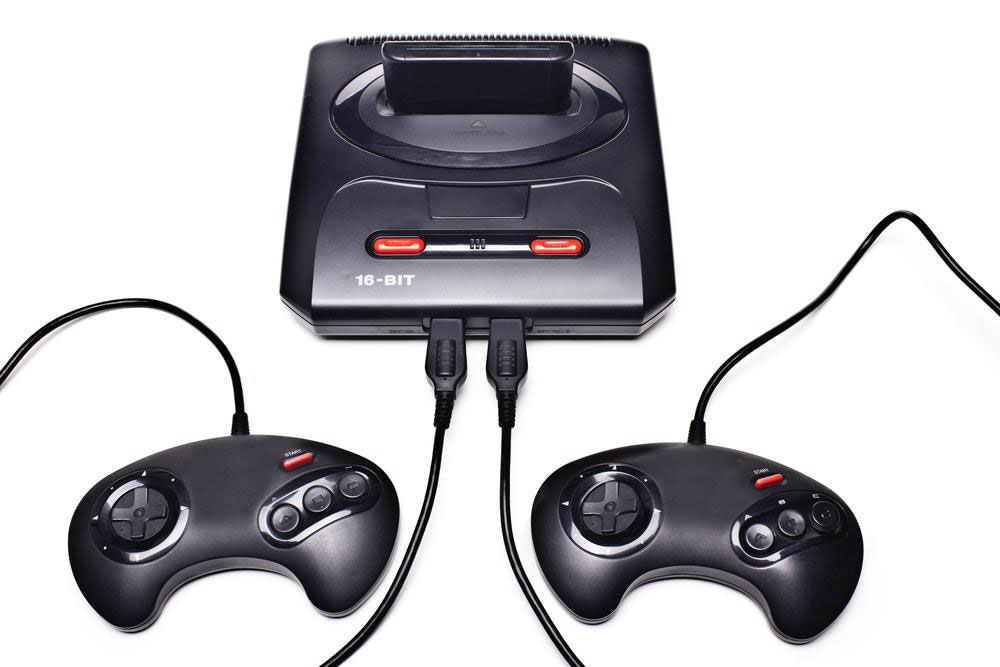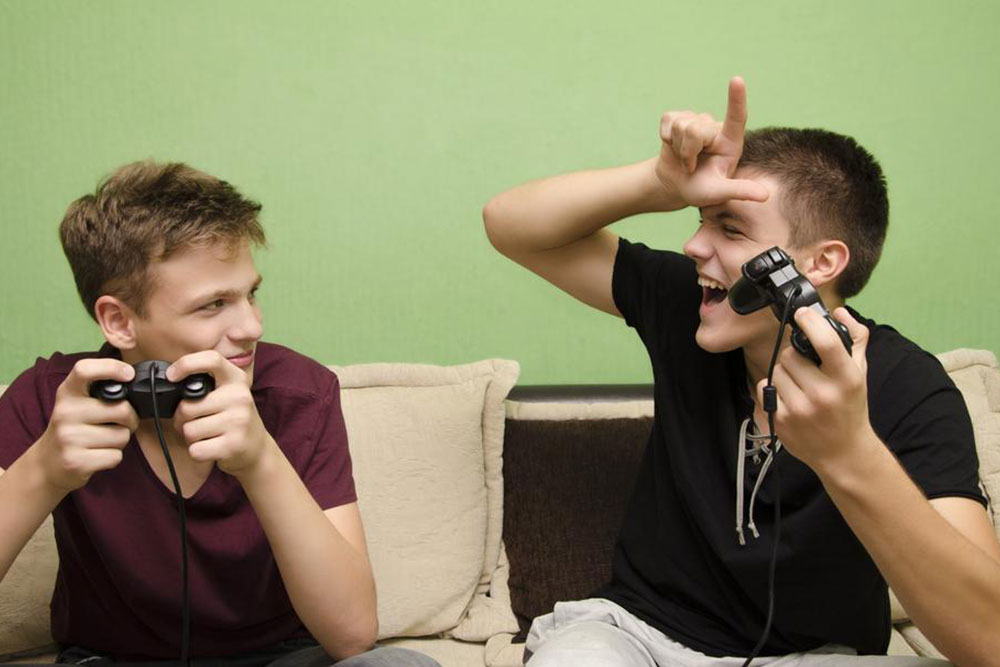Tracing the History and Development of Puzzles
This article explores the rich history and evolution of puzzles, from their origins as educational tools in the 1700s to modern competitive sports. It highlights key developments, popular types, and the role of puzzles in mental enhancement and entertainment today, emphasizing their ongoing significance in both recreational and professional contexts.
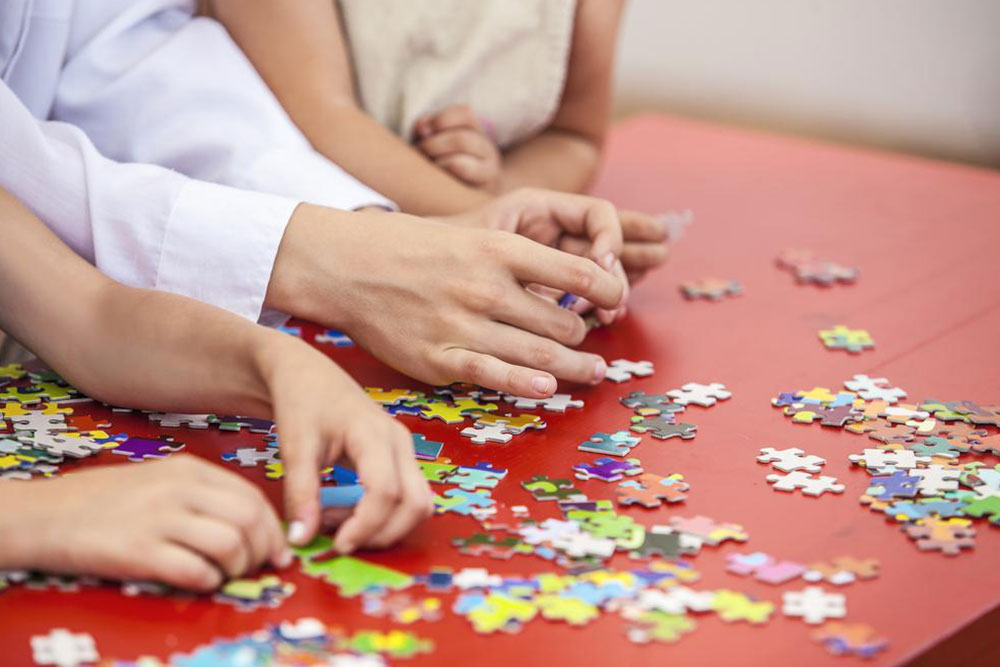
Tracing the History and Development of Puzzles
Puzzles are diverse games or challenges created to test problem-solving skills. They encourage logical thinking and pattern recognition, requiring individuals to assemble scattered pieces to reveal a whole picture or solution. Skilled problem solvers often excel at working backwards and piecing puzzles together, making it a universal activity for mental exercise.
The origin of puzzles dates back to the 1700s with the advent of jigsaw puzzles. These puzzles form images from interlocking pieces, offering entertainment and educational value.
Some puzzles are timed challenges, testing speed, while others serve as relaxing activities for leisure. They enhance analytical and logical reasoning, sharpening skills in recognizing different shapes, patterns, and fitting pieces together according to a reference image.
The journey of puzzles began when British engraver John Spilsbury devised a method to teach geography through puzzle maps. He outlined regions on a map and cut along borders, creating the first educational puzzle. This innovation gained widespread popularity.
Originally crafted for educational purposes, puzzles have since evolved into diverse entertainment forms and competitive sports requiring advanced mathematical and strategic skills.
Transforming from simple crosswords to intricate Rubik's Cubes, puzzle formats have expanded globally. International competitions now showcase top solvers, with substantial prizes and recognition awarded to the best.
Today, puzzles are more than just leisure activities—they involve serious preparation and dedication, attracting competitive enthusiasts from around the world.

